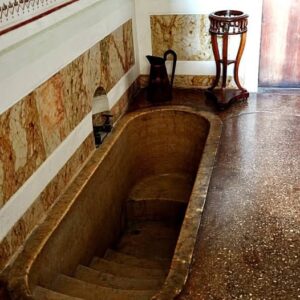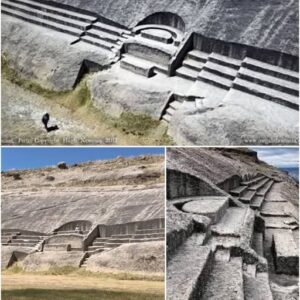In a remarkable twist of fate reminiscent of the legendary tale of King Arthur, a team of archaeologists recently unearthed a medieval sword at the bottom of a Bosnian lake. This 700-year-old sword, discovered in the Vrbas River near the village of Rakovice in northern Bosnia and Herzegovina, was found encased in a solid rock formation 36 feet underwater. The sword had been trapped in this underwater tomb for centuries, evoking images of the mythical sword Excalibur from the Arthurian legends.
The discovery of this ancient relic has sparked fascination and excitement among historians and archaeologists alike. The sword, now affectionately referred to as ‘Excalibur’ due to its unique situation and historical significance, provides a tangible connection to the age-old tales of King Arthur and his fabled sword.

The story of King Arthur and Excalibur has captivated audiences for generations, symbolizing heroism, destiny, and the enduring power of noble deeds. The sword’s association with the legendary King Arthur, who was said to have pulled Excalibur from a stone to prove his divine right to rule, adds a layer of mystique to this recent archaeological find.
The meticulous excavation and retrieval of the sword from its rocky resting place required skill and expertise from the archaeologists involved. The careful extraction of the sword, along with the surrounding rock formation, sheds light on the craftsmanship and technology of medieval weapons and highlights the enduring legacy of the medieval era.
As news of this sensational discovery spreads, the sword ‘Excalibur’ stands as a testament to the enduring appeal of legends and the mysteries of the past. The find not only enriches our understanding of medieval history but also serves as a tangible link to the mythical world of King Arthur and his legendary sword.





